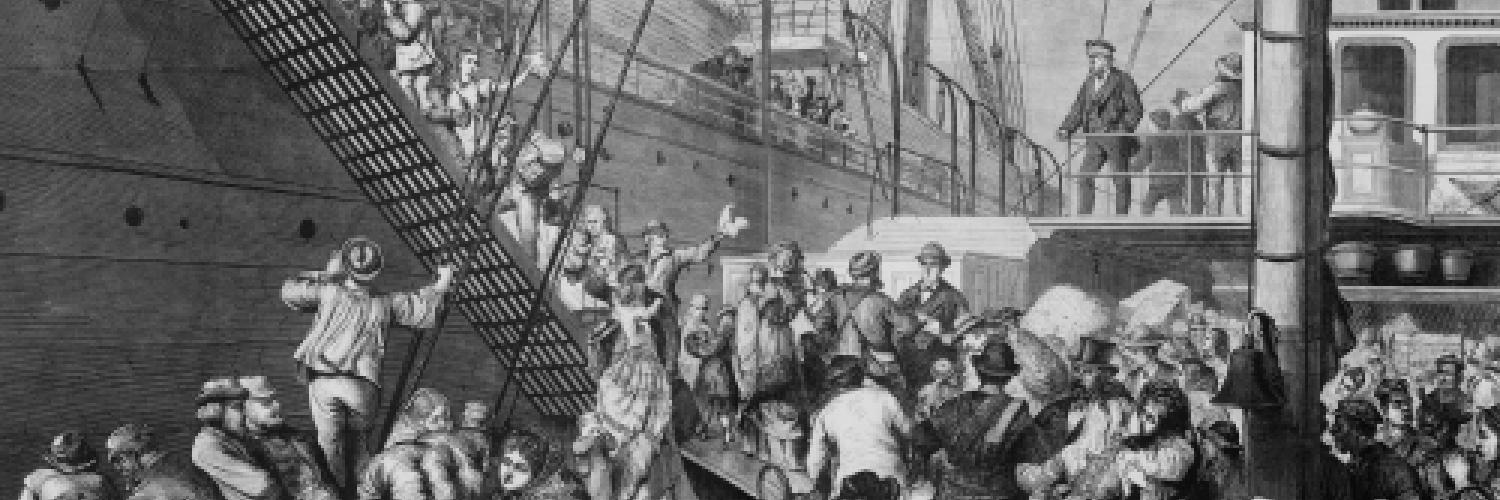This project aims to complement the research on the types and impacts of economic remittances, which has rapidly grown in recent years, with fresh conceptual thinking and empirical research on political remittances.
The term ‘political remittances’ has occasionally been used in academic debates about migration but has yet to be developed. It usefully highlights that the interactions between migrants and their home countries cannot be reduced to economic remittances, and it opens up a wider space for interdisciplinary research. Moreover, some historians working on migration have pointed to the value of cross-temporal research, but their call has not yet been taken up systematically by social scientists. Based on a transnational and cross-temporal approach (19th/early 20th century European migration to the US and contemporary East-West migration in Europe), this project will offer a fresh perspective on the impacts of migration beyond the limitations of case-and period-specific research or research that limits itself to a small number of ‘old’ diaspora groups when exploring homeland linkages.
Project Objectives
The main questions this project seeks to answer are:
What factors (e.g. the migrants’ sociological profile, the political regime of the sending and receiving countries, geographical distance, migrant networks, the length of stay) determine whether and how migrants stay in touch with their homelands?
Do the patterns of interaction between migrants and their homelands differ by migrant group and/or historical period?
How do migrants perceive difference? How does the migration experience affect their political identities, and to what extent do they communicate this experience to family members and friends back home?
Do migrants affect political change in their homelands? If so, by what direct or indirect means (e.g. through political engagement or through the transfer of information, ideas and expectations) and at what point in the migration cycle (e.g. upon return to the homeland, from a long-term base in the new country of residence, or through regular patterns of absence and presence)?
Project Outputs
Anar K. Ahmadov and Gwendolyn Sasse 'Migrants' regional allegiances in homeland elections: evidence on voting by Poles and Ukrainians, Journal of Ethnic and Migration Studies (published online December 2014) http://www.tandfonline.com/doi/abs/10.1080/1369183X.2014.987110
Anar K. Ahmadov and Gwendolyn Sasse 'A Voice Despite Exit: The Role of Assimilation, Emigrant Networks, and Destination in Emigrants' Transnational Political Engagement', Journal of Comparative Political Studies 1 -37 September 2015 http://cps.sagepub.com/content/early/2015/08/20/0010414015600468.abstract
Blog posts: Felix Krawatzek and Gwendolyn Sasse, article on The Conversation website, Writing home: how German immigrants found their place in the US https://theconversation.com/writing-home-how-german-immigrants-found-their-place-in-the-us-53342. (Feb 18, 2016) The article can also be found on Oxford Politics http://blog.politics.ox.ac.uk/writing-home-how-german-immigrants-found-their-place-in-the-us/ (Feb 22, 2016)




